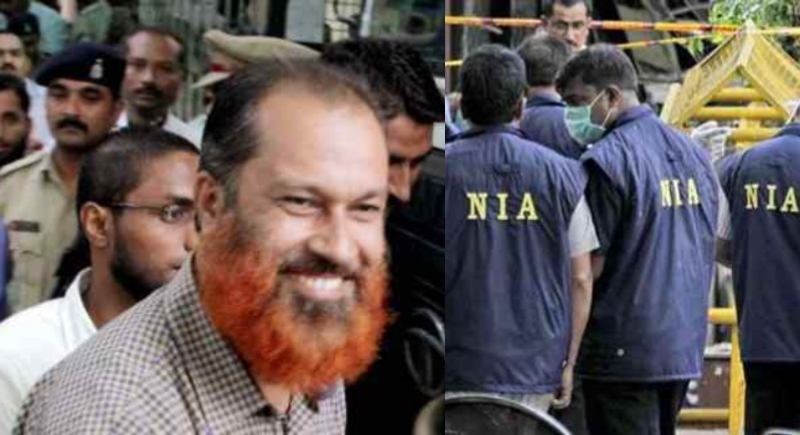NIA Court pronounced 7 years of imprisonment to 18 accused in illegal arms and explosives training
Kochi, May 15: The 18 convicts of Vagamon SIMI case have been sentenced with 7 years of rigorous imprisonment by the NIA Court in Kerala on Tuesday. The convicts were members of a terrorist organization in a case of organizing an arms training camp in Kerala in 2007.

Pronouncing the sentence, the court also imposed a fine of Rs 25000 on each of the accused. The court, on 14 May, convicted the accused which included Safdar Nagori, who was the founder member of the banned Students Islamic Movement of India (SIMI).
Background:
The Vagamon weapons training camp case is considered as one of the most important terror case in Kerala. The case relates to the holding of a camp by the banned organization SIMI at Kolahalamedu in Vagamon from December 10 to 22, 2007. Selected SIMI activists from various parts of the country participated in the camp.
According to the chargesheet filed by the National Investigation Agency, it stated that the participants selected at the "secret training camp" were engaged in physical training, firing practice, training in explosives, motorcycle racing, rope climbing, besides classes on "jihad" in India.
The court rejected the NIA’s charges against the accused under sections 122 (collecting arms with intention of waging war against the Government of India), 124-A (attempts to spread disaffection towards government) and 153-A (spread enmity between communities) of the IPC.
While only two accused were produced in the court on 14 May, the others who are lodged in various jails in Ahmedabad, Bhopal and Bengaluru attended the proceedings through video-conference.